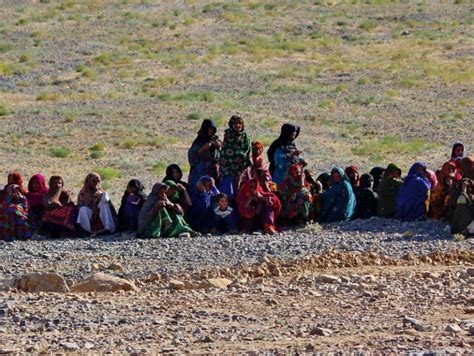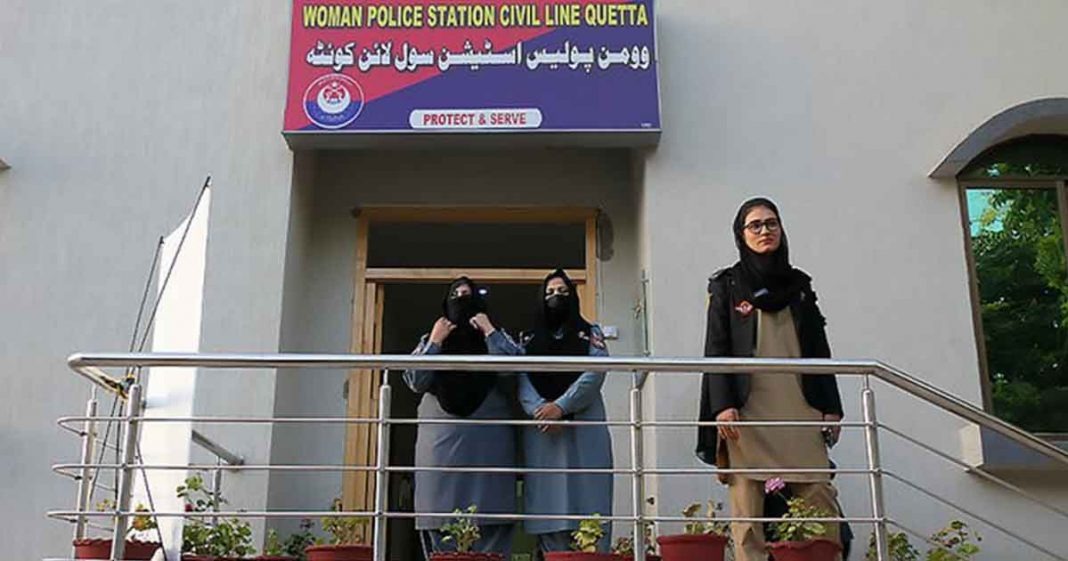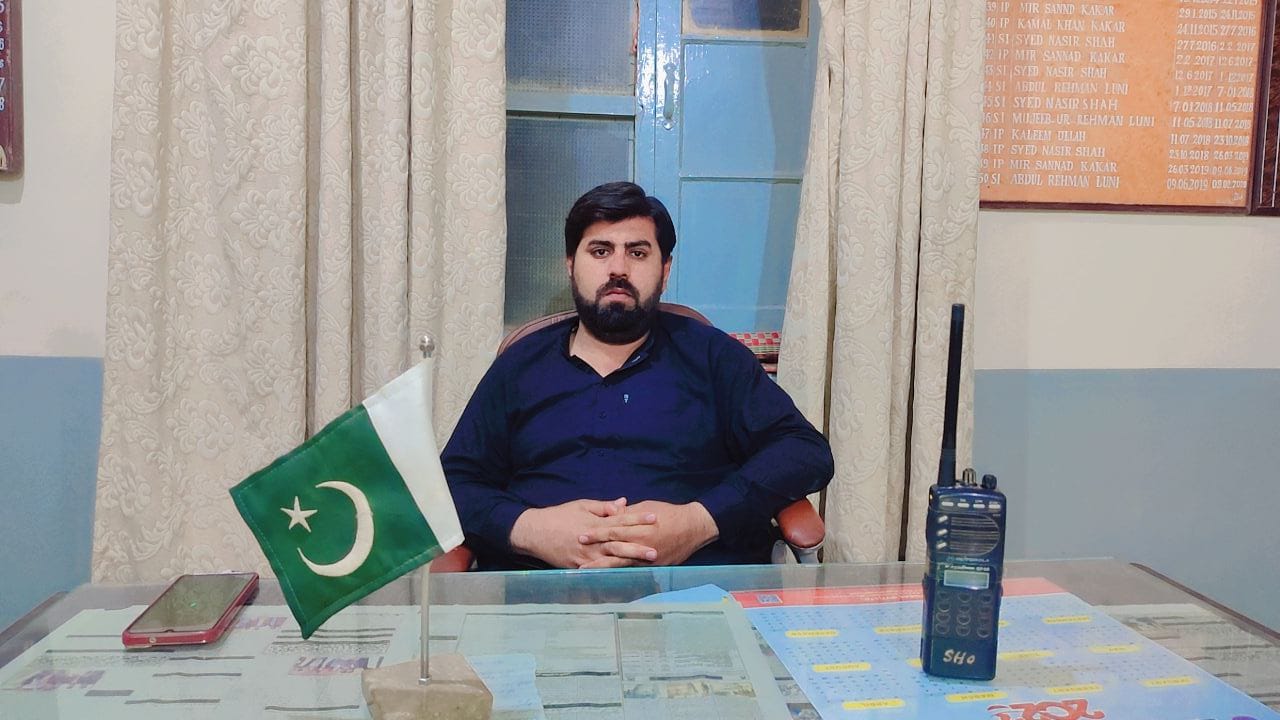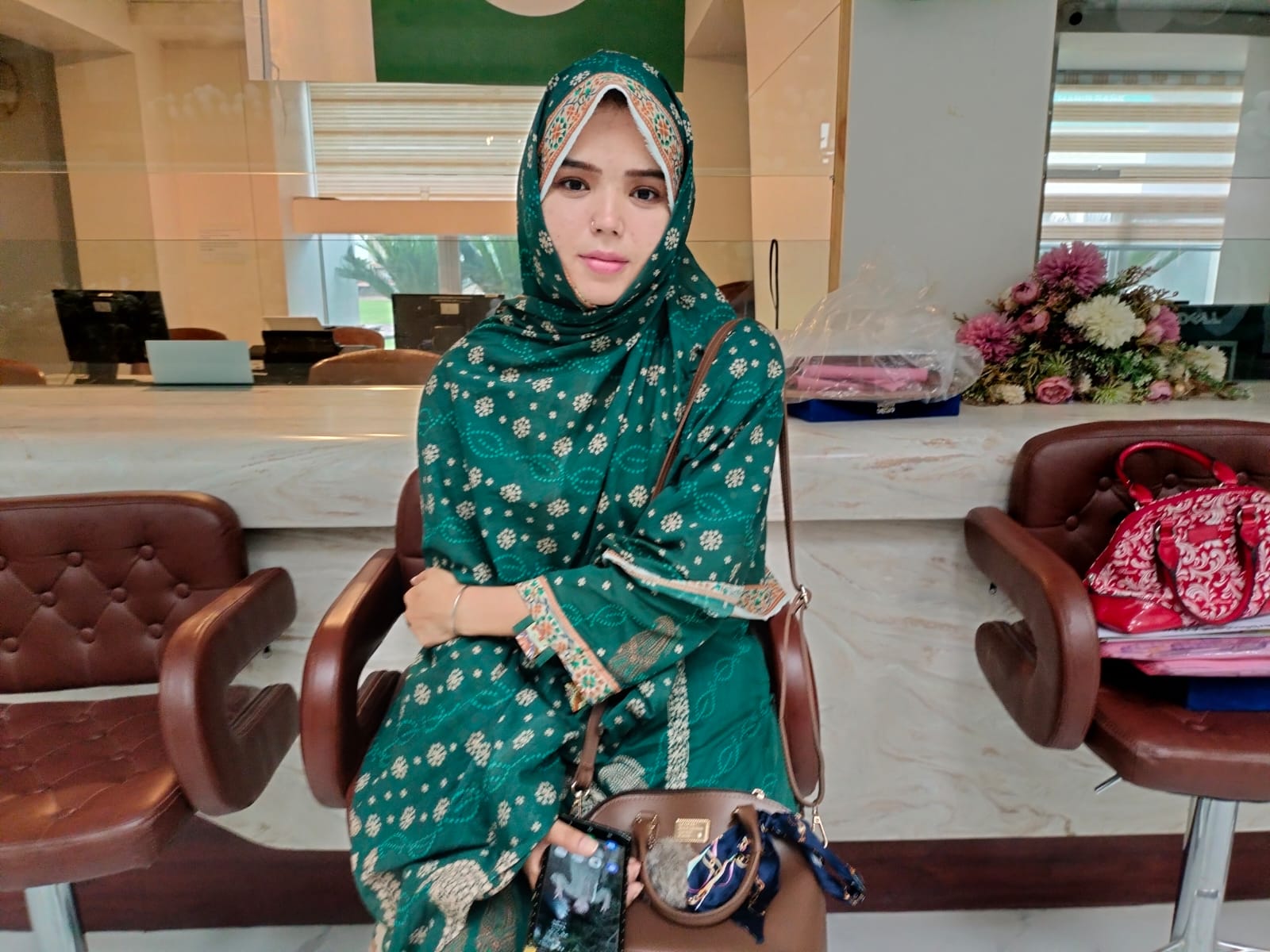The Untold Stories of GBV in Balochistan
Tahira Adam Khan
Loralai, Balochistan: “I am a victim of gender-based violence (GBV) and I believe the root cause is the nature of male dominance. I’m financially independent, yet my in-laws continue to put pressure on me and harass me. I have two children and am responsible for their educational and other expenses, but it is insufficient for my in-laws. For them, a house full of 7 or 8 sons indicates that the daughter-in-law is deserving of respect,” said a victim of domestic violence, on the condition of anonymity.
“If I go outside for research purposes and interview concerned authorities, as I did during my MS research,” she added, “my husband thinks it is not the course of good women. For him, good women don’t leave the house without a male companion or without first obtaining permission from the in-laws,” she explained.
Of course, this is inconvenient for me because I have to go to work on a regular basis and also consult with other professionals for the best treatment of my patients. As a doctor, I also have to deal with conservative male patients and in-laws, which has made my life a living misery. “I am beginning to wonder why I ever married.”
Dr Hamida Memom, who works with Aga Khan University (AKU) Sehat Mand Khandan (SMK) Project, revealed in an interview that one of the greatest barriers to raising maternal health knowledge is women themselves. In many families, the sister-in-law and mother-in-law forbid their daughters-in-law from seeking medical attention or family planning, she added.
In many families, the sister-in-law and mother-in-law forbid their daughters-in-law from seeking medical attention or family planning, she added.
Dr Hamida Memon’s views were also corroborated by Sadate Hussain Khokar, a Sexual and Reproductive Health (SRH) analyst with the United Nations and Population Fund (UNFPA), who reflected on the frequency of increasing cases of domestic violence in Balochistan and other parts of Pakistan. Domestic violence is a major public health issue in Pakistan, notably in Balochistan, as a result of the frequency with which it occurs.
Following that, 34 per cent of women believe that bickering with their husbands leads to domestic violence, while 8 per cent believe that if the woman goes outside without his consent, the husband would turn violent, stated Dr Fatima at Bolan Medical College (BMC) Quetta.
In such spirit, Razia*, a Loralai inhabitant, answered that she is used to bearing domestic violence and accepts it as part of her daily routine. She stated that she has 15 children, four of whom were miscarriages. In response to a query about miscarriages, she stated that while pregnant, she had to cut wood and bring water which harmed her health.
She further laughed when I told her that it is one of the forms of domestic violence. She then said in Pashto, “Da sa waye bachai?” which means “What are you talking about?”.
Domestic violence in the form of beating and recurrent pregnancy loss or miscarriages is the norm for many women in Balochistan, even if it occurs as a result of constant beating and family stress, Razia, another victim of domestic violence said. According to one study, women internalise domestic violence against other women to support patriarchal values and male dominance in family structures.
What’s worse than justifying domestic violence?
The majority of people believe that domestic abuse is a private matter. How is that possible? Cases of intimate partner violence are on the rise as a result of these standards and societal limitations.
Samina*, serving at Loralai Nursing Hospital, lamented the fact that her in-laws and family believe domestic abuse is solely between husband and wife. It must not be revealed to anyone outside the family, much less lodged against her spouse. She went on to say that she has no idea what her compensation is. Her husband collects her pay and gives her a chunk of it as pocket money, she added.
Globally, the majority of gender-based violence (GBV) cases (about 35 percent) are related to IPV (intimate partner violence). Furthermore, research shows that occurrences of IPV are common in Asian countries such as Nepal, Bangladesh and Pakistan.
Dr Maria Ali Khan, a public health specialist from Agha Khan University (AKU), explained why domestic violence is more prevalent in Balochistan. According to Dr Maria, male patriarchy is one of the major reasons behind cases of domestic violence. Man is the chief and sole owner of funds in our society which puts him at the top of the social hierarchy in Balochistan, she added.
Our so-called traditional values support the hardship of women in the form of domestic violence and even praises those women who bear domestic violence in silence, lamented Dr Ali Khan.
AKU Sexual and Reproductive Health Expert Dr Sumbal bemoaned that she has to rely on masculine structures to disseminate any awareness regarding the health of women. The traditional setup of our society believes more in male politicians and religious figures than female professionals, further added Dr Sumbal.
Breakdown of Stereotypes Vital to Help Women in Career Building: Guterres
While interviewing Tareqee Foundation Project Coordinator Syed Anwar Zaib – who is working on a project titled ‘Rule of Law and Legal Literacy and Women’s Access to Justice in Balochistan’– also endorsed the fact that domestic violence is one of the main variants of GBV in the province. This project started in October 2022 and has recorded 460-80 cases of domestic violence up until now in Balochistan. Overall, his project focuses on five main districts, including Quetta, Khuzdar, Loralai, Naseerabad and Lasbella.
According to Zaib, most of the cases of domestic violence were reported from Naseerabad, Lasbella and Quetta. Apart from domestic violence, Syed Anwar informed that the second most frequent number of cases belongs to harassment and inheritance issues while rape cases report low numbers.
Syed Zaib opined that women’s illiteracy is responsible for the most frequent cases of domestic violence in Balochistan. Women have less knowledge of the four major acts of Balochistan that deal with the province’s issues, including the Domestic Violence Prevention and Protection Act 2014, he added.
According to the legal discourse analysis, violence is criminal behaviour. The government has passed laws to protect women but these laws lack legitimacy. In a tribal society like ours, men think their violent acts against their wives are either a private matter or an unquestioned affair.
Moreover, if GBV-related laws gain some ground in Balochistan, internal forces will provide hurdles and support male dominance in various cases. In particular, what a law alone can do if society thinks women have one role, i.e., to serve men and nothing else.
While interviewing a multi-media Independent Journalist Anum Ehsan, she lamented the behaviour of female police officers who advise victims of domestic violence to remain silent, and think more of family values and socio-economic difficulties than their safety and rights. Anum further added that one in four women faces domestic violence in our society. If a woman is married, she faces various forms of domestic violence that include beatings, workload and insults at the hands of her in-laws. Aurat Foundation Balochistan Resident Director Allauddin Khilji also pressed on the issue of the behaviour of Law Enforcement Agencies (LEAs) and police officers who don’t have any awareness regarding the pro-women laws.
If a woman is married, she faces various forms of domestic violence that include beatings, workload and insults at the hands of her in-laws. Aurat Foundation Balochistan Resident Director Allauddin Khilji also pressed on the issue of the behaviour of Law Enforcement Agencies (LEAs) and police officers who don’t have any awareness regarding the pro-women laws.
Advocate Sadia Ali stated that the number of cases of domestic violence is increasing day by day. During an interview, she mentioned one of her cases from last year, 2022, where the family of the second wife tortured the children of the first wife to death. Sadia further told that the client’s in-laws shaved the client’s hair to shame her publicly.
Advocate also discussed a few extreme cases of domestic violence where a woman was killed on court premises because she filed for divorce. In another case, the father-in-law killed his son for marrying a girl without his permission and the court sent the accused to jail for life.
These horrific cases are just the tip of the iceberg, further stated Advocate Ali. Countless women do not report or file cases because they cannot afford the fees of advocates. Male advocates also harass victims in their chambers or advise them to leave the case for the sake of their family’s honour, she added.
Statistically, the condition of domestic violence is worse in Balochistan than in any other area of Pakistan. Many women faced severe backlash at the hands of their fathers, brothers or husbands for questioning them.
The recent report of the National Commission of Human Rights Pakistan (NCHRP) mentioned that many cases of domestic violence remain underreported because of the stigma surrounding it. The factsheet also stated that 10,000 to 11,000 cases of domestic violence were reported during the lockdown period in Pakistan. The report further revealed that a sharp increase has been indicated in the cases of domestic violence in FATA (i.e., 56 percent) and Balochistan (i.e., 48 percent). A primary school teacher Miss Rukhsanain Loralai was asked why she isn’t married. She answered that “I cannot marry a person who thinks having an ATM card or bank account spoils the woman.”
In Loralai, whenever I go to the bank or ATM, my cousins verbally abuse my mother and say it is because of her upbringing that I visit such places. How can I marry in such circumstances and among people with this prevailing mindset? Loralai (Station House Officer) SHO Arif Batozai informed that five cases per year are usually reported in Loralai. The record of domestic violence is lower as compared to other districts of Balochistan, such as Naseerabad, Lasbella, Makran, etc, he added. However, Arif did not give any exact figures for the number of cases of domestic violence in Balochistan overall. When asked about the nature of acts of domestic violence in Loralai, he told that beatings and torture are common in the households.
Loralai (Station House Officer) SHO Arif Batozai informed that five cases per year are usually reported in Loralai. The record of domestic violence is lower as compared to other districts of Balochistan, such as Naseerabad, Lasbella, Makran, etc, he added. However, Arif did not give any exact figures for the number of cases of domestic violence in Balochistan overall. When asked about the nature of acts of domestic violence in Loralai, he told that beatings and torture are common in the households.
Batozai confirmed that honour killing and divorce issues are rarely recorded in police stations. Domestic violence is a complex issue that involves different factors. In many reported cases, mother-in-law and sisters-in-law are involved in exacerbating domestic violence, he further said. SHO further added that in many conflicts, the police played a reconciliatory role in stopping couples from divorcing.
He also reviewed the performance of female staff officers in police stations and stated that it is not true that female police staff advise the victims of domestic violence to remain silent, and think of their family and economic dependency. SHO Arif asserted that female staff provide support, empathy and resources to the victims. He also advised people to reach out to police stations that specialise in supporting victims of domestic violence for guidance and assistance.
Batozai emphasised the need to strengthen the legal and judicial systems for a better conviction rate, adding that it is the responsibility of the government to raise awareness about domestic violence and promote gender equality. Besides legality, it is equally important for the government to collaborate with community-based organizations, NGOs, and members of civil society to work together and eliminate socio-economic factors that contribute to the increasing number of cases of domestic violence. Quetta-based Psychologist Razia Hazara told that she receives, on average, 5 to 10 cases of GBV victims per month. Consequently, she has to deal with more than 500 patients per year.
Quetta-based Psychologist Razia Hazara told that she receives, on average, 5 to 10 cases of GBV victims per month. Consequently, she has to deal with more than 500 patients per year.
Razia has witnessed an increase in physical and emotional abuse, especially when in-laws restrict females’ access to rights such as health and education. In many households, health care services and education are not considered rights or needs of women.
Psychologically, Hazara further stated that men tend to control female behaviour which projects their frustration and misogyny. This mindset again has roots in patriarchal culture. Our societally conservative nature is afraid to change and still relies on the unproductive traditional superiority of men, lamented Psychologist.
Regarding a question on why women also play a role in domestic violence, Razia opined that the family structure and dynamics are unable to fulfil the current emotional need for personal autonomy which can be caused by a female herself towards another female.

Comments are closed.